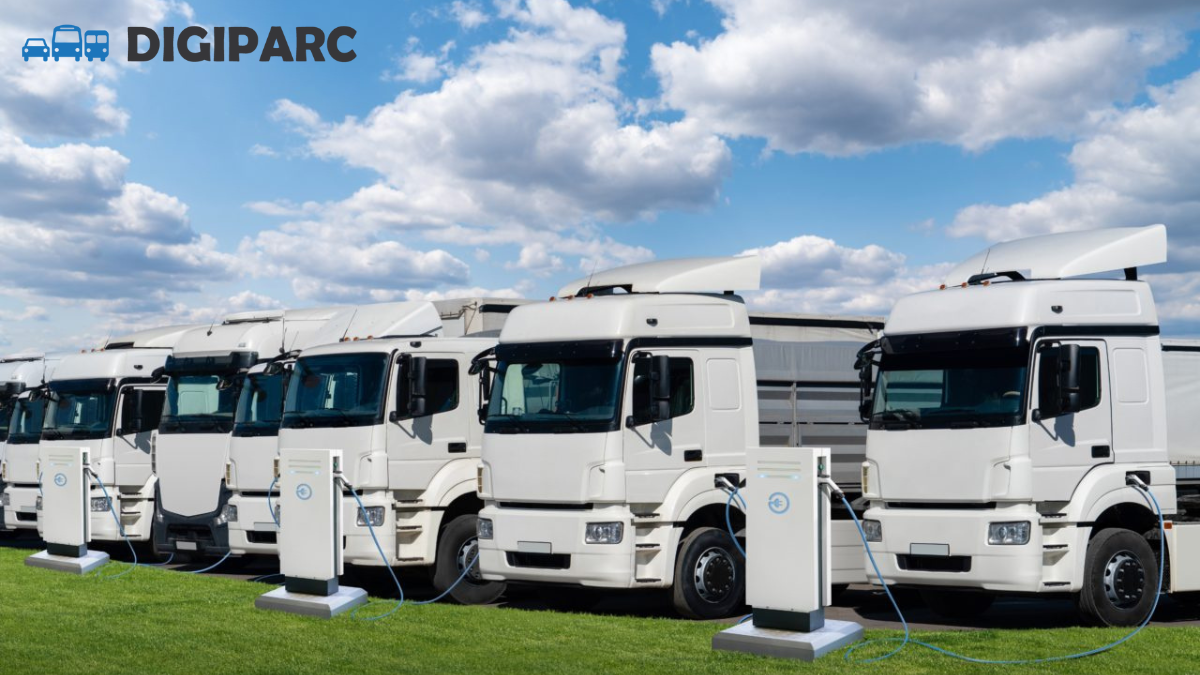Choosing the Best Electric Vehicle for Your Fleet
2023-06-20T08:18:49.107Z
The growing adoption of electric vehicles (EVs) in automotive fleets has become an undeniable trend in the industry. In addition to the environmental benefits, EVs offer significant cost savings and improved performance compared to traditional internal combustion vehicles. However, with an increasing range of options available in the market, choosing the best electric vehicle for your fleet can be challenging. This article will guide you through the essential aspects to consider when selecting the best EV for your fleet.
-
Analyze your fleet's needs: Before choosing an EV, it is important to assess the specific needs of your fleet. Consider factors such as the type of journeys undertaken, average distance traveled, required payload, and charging infrastructure needs. These factors will help determine the type of EV that best suits your fleet, whether it's passenger cars, vans, or utility vehicles.
-
Range and performance: Range is a crucial aspect when choosing an EV for your fleet. Technological advancements have significantly increased the range of electric vehicles in recent years, but it is important to select an EV with a range that matches your fleet's needs. Analyze real-world range data rather than relying solely on manufacturers' claims. Additionally, ensure that the EV offers performance suitable for your fleet, including maximum speed and acceleration.
-
Operating costs: EVs offer significant cost savings in terms of operating expenses compared to gasoline or diesel vehicles. Evaluate fuel, maintenance, and insurance costs for the EVs you are considering. Also, consider tax incentives and government subsidies available for EVs in your region. Compare these costs with those of traditional vehicles to determine potential savings for your fleet.
-
Charging infrastructure: Charging infrastructure is a crucial aspect for an electric vehicle fleet. Assess the available charging options, including public charging stations, home or workplace charging solutions, as well as charging times. Ensure that the charging infrastructure meets the needs of your fleet, taking into account the number of vehicles, charging schedules, and the availability of charging stations in your work areas.
-
Reliability and technical support: Ensure that you choose electric vehicles known for their reliability. Consult EV owners' reviews, examine model reliability rankings, and inquire about warranties provided by manufacturers. Additionally, check the availability of a technical support network for your fleet, including authorized service centers and maintenance facilities.
Conclusion: Choosing the best electric vehicle for your fleet requires careful consideration of your fleet's specific needs, range requirements, operating costs, charging infrastructure, and reliability. By analyzing these factors and conducting thorough research, you can make an informed decision that will optimize the benefits of electric vehicles for your fleet.